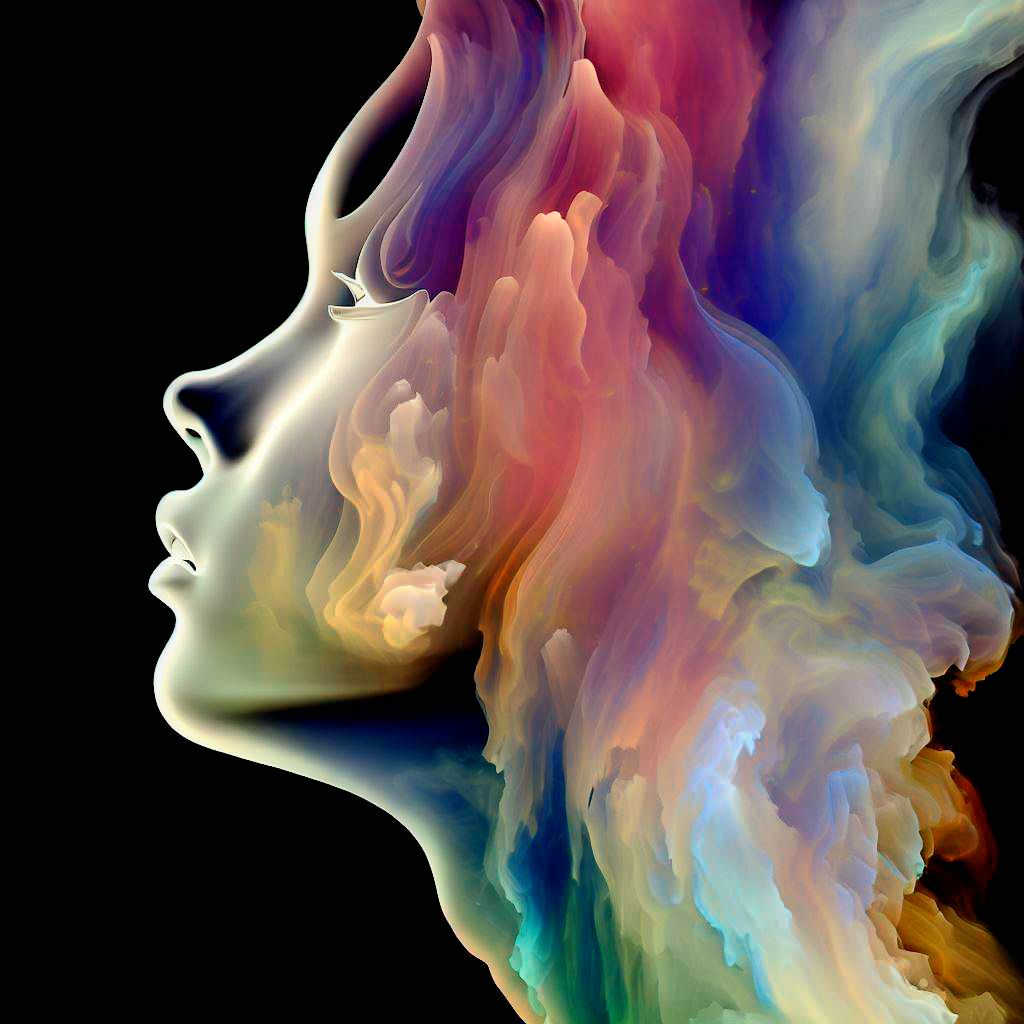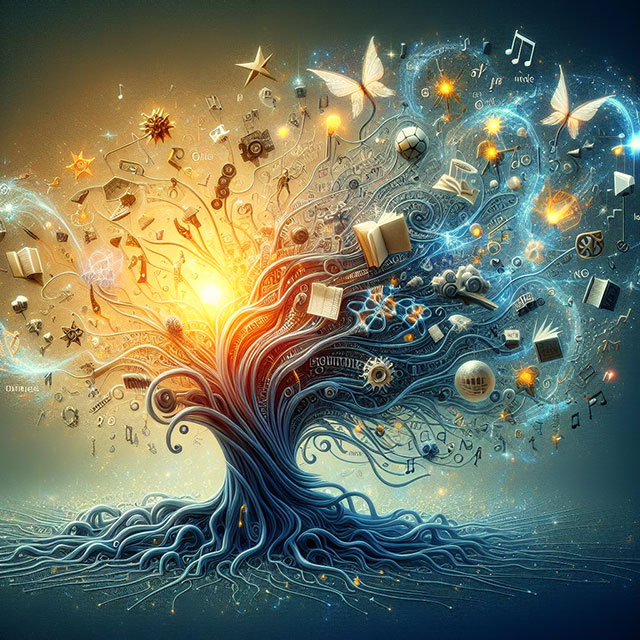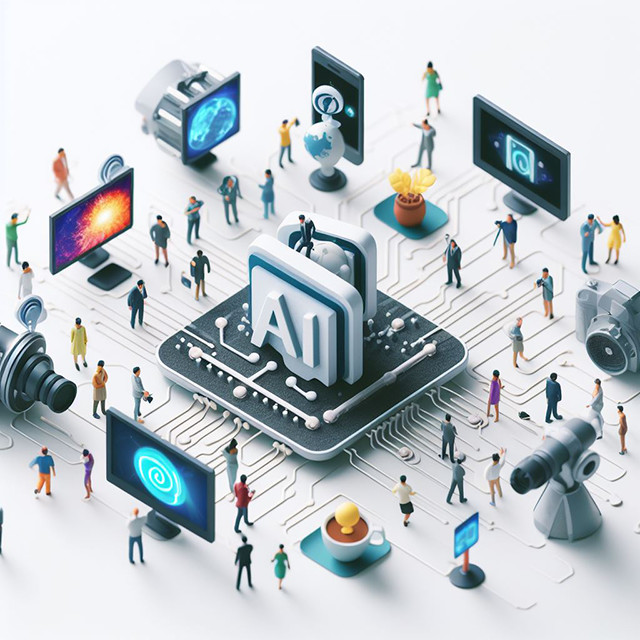Generating Artificial Intelligence in Barcelona
Barcelona is emerging as a leading hub for artificial intelligence research and development. Recent advances in generative AI are creating excitement in Barcelona's academic and startup communities. In this post, we'll explore how Barcelona researchers are pushing the boundaries of generative AI - systems capable of creating original digital content.
What is Generative AI?
Generative AI refers to machine learning techniques that allow computers to generate new content like images, videos, text and audio. The most popular forms today include:
- Generative adversarial networks (GANs) - Two neural networks contest with each other to generate increasingly realistic outputs.
- Variational autoencoders (VAEs) - Neural nets that learn compressed representations of data to generate new samples.
- Diffusion models - Generate content by iteratively revising noise into more structured outputs.
- Reinforcement learning - Guides AI agents via rewards to create content that maximizes goals.
These approaches can produce remarkably realistic and diverse synthetic media. Leading examples include DALL-E 2 for generating images from text, Stable Diffusion for image creation, and GPT-3 for text generation.
Generative AI in Barcelona
Barcelona has emerged as a global AI hub, driven by its talented university researchers and startup ecosystem. Generative AI is a rapidly growing focus area. Here are some key developments:
Pioneering Research at UPC and UB
The Technical University of Catalonia (UPC) and University of Barcelona (UB) are conducting pioneering generative AI research. Groups like the Scene Understanding and Artificial Intelligence (SUNAI) Lab at UPC are advancing computer vision and generative modeling. Researcher Jordi Gonzàlez’s work on GANs that can edit facial images has won international awards. At UB, the Natural Language Processing group develops innovations in text generation. These universities provide a talent pipeline for Barcelona’s AI companies.
Text Generation Startups
Barcelona startups are commercializing advances in generative text AI. Social Conservatives has developed an AI writer named Cecilia that automates content generation for the advertising industry. Other local startups like Red Points and WiziShop utilize generative AI for text-based applications.
Media Generation Platforms
Startups are leveraging generative AI to produce media content. Aliax uses avatars and synthetic voices for automated video production. AIVA Technologies has built an AI composer that autonomously creates original music tracks. Other startups are exploring AI-generated logos, 3D models, and website assets.
Tech Giants Investing Locally
Global tech companies are investing in Barcelona's generative AI ecosystem. Google sponsors an AI residency program for Barcelona postdocs to conduct generative modeling research. Nvidia has funded projects at the Barcelona Supercomputing Center involving generative models for drug discovery. Investments like these will further expand the city's capabilities.
Key Applications in Barcelona
Generative AI has the potential to transform many industries in Barcelona. Here are some key areas to watch:
Digital Media Creation
Synthetic media generation using GANs, VAEs and diffusion models can automate content creation for Barcelona's media production industry. Applications include AI-generated video game assets, 3D models for virtual reality, and automated video editing tools.
Natural Language Processing
Large language models like GPT-3 enable new NLP capabilities for Barcelona's information economy. Startups are applying generative text AI for customer service chatbots, marketing content creation, and a range of business analytics use cases.
Drug Discovery
Pharmaceutical companies in Barcelona are beginning to use generative AI approaches like reinforcement learning for in silico drug design. These models can propose new molecular structures optimized for desired drug properties to accelerate discovery.
Creative Industries
For Barcelona's arts and creative communities, generative AI presents new opportunities for collaboration between humans and machines. Musicians, visual artists, and multimedia creators are experimenting with AI as a new creative tool.
The Future of Generative AI
In the coming years, expect to see dramatic progress in Barcelona's generative AI landscape. As models become more powerful and training resources expand, the applications will rapidly multiply. However, concerns around data bias, misinformation, and intellectual property will also require ongoing diligence. If stewarded thoughtfully, generative AI could become a transformative technology for Barcelona's economy and society.
For AI learners and enthusiasts in Barcelona, now is an exciting time to engage with generative models and observe their continued evolution. The city's world-class research institutions, thriving startups, and major corporate investors provide fertile ground for shaping the future of this technology. By participating in Barcelona's generative AI ecosystem today, we can help direct it towards beneficial and creative outcomes for the city.
Summary
- Generative AI is enabling computers to autonomously create content like images, videos, text and music.
- UPC, UB and Barcelona startups are advancing generative AI capabilities.
- Key applications in Barcelona include digital media creation, natural language processing, drug discovery and creative industries.
- Barcelona provides opportunities to help steer generative AI towards positive societal outcomes.



Comments
Post a Comment